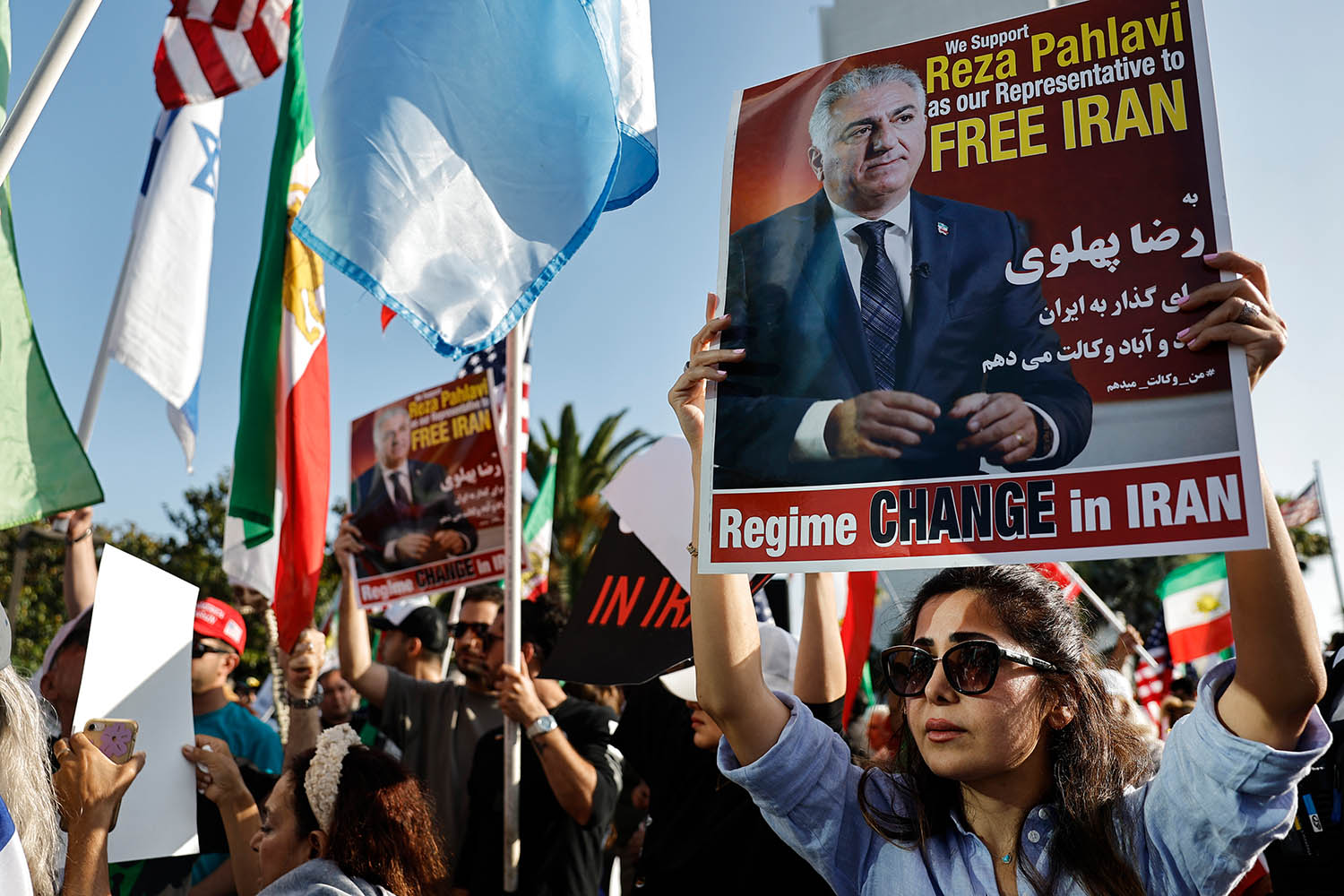Who said this? “I'm not going to get dragged down the route of mass deportations or anything like that… It’s a political impossibility to deport hundreds of thousands of people. We simply can't do it.”
Keir Starmer? Some loony-left lawyer? Actually, it was that well-known bleeding-heart liberal Nigel Farage in an interview last year with GB News’s Steve Edginton. While Farage insisted that “If people come illegally, they should not be allowed to stay,” he rejected mass deportations as an answer, calling it “literally impossible” to carry out and insisting: “It’s pointless even going there.”
Less than a year later, the leader of Reform UK has decided that going there is not so pointless after all. Farage dominated much of the news agenda last week by promising to deport 600,000 illegal immigrants during the first five years of a prospective Reform government. He pledged also to leave the European Convention on Human Rights, and to “disapply” the 1951 Refugee Convention and the UN Convention against Torture.
Farage’s U-turn is partly an exercise in political opportunism, a desire to seize a chance to set the agenda. It is also an illustration of the way that, just as Farage puts pressure on mainstream politicians to adopt a harder stance on immigration, he too is under pressure from those to his right to adopt more extreme policies. Former Reform leaders such as Rupert Lowe, now the independent MP for Great Yarmouth, and Ben Habib, once co-deputy leader of Reform, now running his own party, Advance UK, have been highly critical of what they regard as Farage’s pusillanimity, as has the online racist right that he has helped become far more assertive. Having earlier castigated Farage for refusing to support mass deportations, Lowe derided Reform’s latest policy for “a serious lack of ambition” in not seeking to deport sufficient numbers, and for excluding women and children.
Figures such as Lowe and Habib pose little political or electoral threat to Farage. What they can do, though, is put pressure on him by appealing to the more racist fringe of his constituency, and so shift the ground of what is deemed acceptable.
The argument for mass deportations and for refusing to process asylum claims is that “we have to look after our own, not the rest of the world”. The trouble is, “our own” will also suffer from the kind of policy Farage proposes. Mass deportation requires a system of harsh internal policing, and it won’t be just “illegal” immigrants caught in the net. It’s not as if we don’t have examples to draw on. When Theresa May introduced her “hostile environment” policies in 2012, she was warned that ordinary British citizens would suffer grievously, too. She ignored the warnings. The result was the Windrush scandal – British citizens imprisoned, losing benefits, sacked from their jobs, denied healthcare, made homeless, some exiled to countries to which they had never been, some even dying in exile.
If we don’t defend the rights of others who are not us, we only weaken our own rights
If we don’t defend the rights of others who are not us, we only weaken our own rights
Some critics accepted that such miscarriages of justice were terrible but defended the hostile environment policy as necessary to keep the borders safe. Yet, the Windrush scandal will look like a minor event in comparison with what may happen if the mass deportation proposals become reality. To get a glimpse of what may unfold, look across the Atlantic. Donald Trump, in pursuit of his aggressive deportation policies, has turned Immigration and Customs Enforcement (ICE), America’s immigration police, almost into a private army, masked up and refusing to identify themselves, pulling people off the streets and out of workplaces, often with considerable violence, and with virtually no accountability. The violence and intimidation is deliberately designed to instil a climate of fear.
Even more than in Britain, US critics of immigration accept such practices as unfortunate but necessary to control irregular migration. But many of those arrested and detained have lived in America for decades and have no criminal record. And many are US citizens. Even before Trump, ICE had marked thousands of US citizens as “illegals” and hundreds were arrested. As early as 2011, an academic study estimated that in the previous 12 years, ICE had “incarcerated over 20,000 US citizens, and deported thousands more”. Under his new regime, those figures will inevitably be far higher.
Mistreating and abusing citizens is not morally more reprehensible than mistreating and abusing those deemed “illegal”. What it reveals, though, is that if we turn a blind eye to such treatment on the grounds that “it’s only illegals being treated this way”, it will not remain “only illegals”. And once such forms of policing become acceptable, they can easily be transposed to dealing with other groups deemed a social menace, such as strikers or protesters. ICE already detains people who protest about its activities. Trump has floated the idea of sending US citizens sentenced for a crime to foreign prisons, while El Salvador has agreed to accept all deportees, including American citizens. If we don’t defend people's rights on the grounds that they are “not us”, we only weaken our own rights.
What won’t change are the real problems faced by the working class and poor – from housing to job insecurity, from low wages to inadequate benefits.
Newsletters
Choose the newsletters you want to receive
View more
For information about how The Observer protects your data, read our Privacy Policy
The elite, whether liberal or reactionary, would far rather have protests outside migrant hotels than in response to benefit cuts, falling wages, piercing poverty or the failure to build affordable housing. If we really want to “look after our own”, we need also to think about who we mean by “our own”.
This article has been updated since publication.
Photograph by Getty Images



